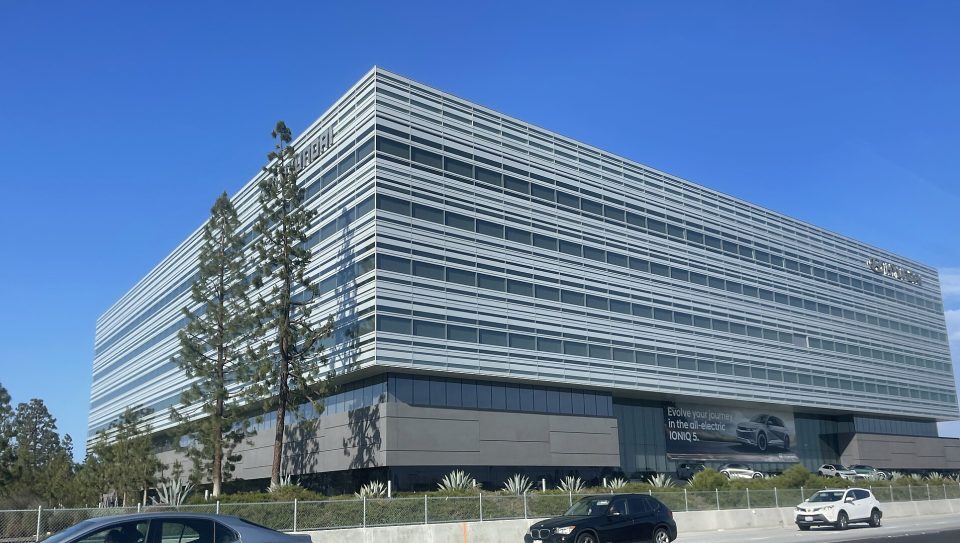
Explained: Why New York City has sued Hyundai, Kia over security flaw

Joining a growing list of affected cities grappling with a surge in car thefts fuelled by social media, New York City has filed a lawsuit against Hyundai and Kia. The lawsuit is in response to a flaw in certain car models that has rendered them highly vulnerable to theft.
Viral how-to videos on TikTok and other sites show how to start the cars using only USB cables and a screwdriver. The reason is that some models sold by Hyundai and Kia in the US came without engine immobilisers, a standard feature on most cars since the 1990s that prevent the engine from starting unless the key is present.
The lawsuit, which was filed with the US District Court in the Southern District of New York late Tuesday, alleges that Hyundai Motor America and Kia America Inc failed to keep up with other automakers by not adopting immobiliser technology that ensured cars could not be started without their keys.
Also Read: Hyundai to invest Rs 20,000 crore in Tamil Nadu for electric vehicles
“Hyundai’s and Kia’s business decisions to reduce costs, and thereby boost profits, by foregoing common anti-theft technology have resulted in an epidemic of thefts,” the lawsuit states.
The city claims the vehicle thefts are straining the resources of its police department, as well as negatively impacting public safety and emergency services.
The New York City police department reports that about 287 Kias were stolen last year, compared with approximately 119 in 2021. Approximately 415 Hyundais were reported stolen in 2022, compared with 232 a year earlier. And the problem has continued, with an estimated 977 Hyundai and Kia vehicles reported stolen in the first four months of this year. There were only 148 such thefts in the same months last year.
New York, the nation’s biggest city by population, joins a growing list of cities going after the carmakers following a raft of thefts, including Baltimore, Cincinnati, Cleveland, Milwaukee, San Diego and Seattle.
Also Read: Maruti, Hyundai see drop in retail sale market share last fiscal: FADA
New York City, which is seeking a trial by jury, is requesting an order providing for abatement of the public nuisance Hyundai and Kia have created or contributed to, compensation for the economic losses suffered due to the nuisance and injunctive relief.
Hyundai says it’s committed to ensuring the quality and integrity of its products.
“A subset of Hyundai vehicles on the road in the US today — primarily base trim or entry-level models — are not equipped with push-button ignitions and immobilizing anti-theft devices. It is important to clarify that an engine immobilizer is an anti-theft device and these vehicles fully comply with federal anti-theft requirements,” the automaker said in a written statement.
Hyundai made engine immobilisers standard on all of its vehicles made from November 2021 onward. The company also said that its speaking with the National Highway Traffic Safety Administration on the actions it is taking to assist its customers.
Kia did not immediately respond to a request seeking comment.
Also Read: Hyundai drives in new Verna 2023 starting at Rs 10.89 lakh, hots up competition
Last month Hyundai and Kia reached a settlement to resolve a class-action lawsuit prompted by a surge in vehicle thefts.
The settlement could be valued at USD 200 million and covers about nine million 2011-2022 model-year Hyundai and Kia vehicles in the US, the companies said at the time.
The settlement will provide cash compensation to customers who suffered theft-related losses or damage not covered by insurance — as well as reimbursement for insurance deductibles, increased insurance premiums and other losses, Kia and Hyundai said.
A software upgrade will also be provided to eligible owners. For customers with vehicles that cannot accommodate the software upgrade, the agreement will provide a reimbursement of up to USD 300 for anti-theft devices.
Kia and Hyundai have also given impacted customers tens of thousands of free steering wheel locks through local law enforcement and direct shipments, the companies said.
That proposed settlement is expected to be reviewed in court for preliminary approval in July.
(With agency inputs)

